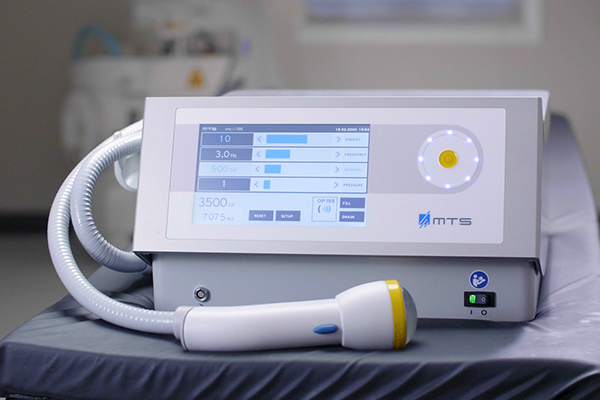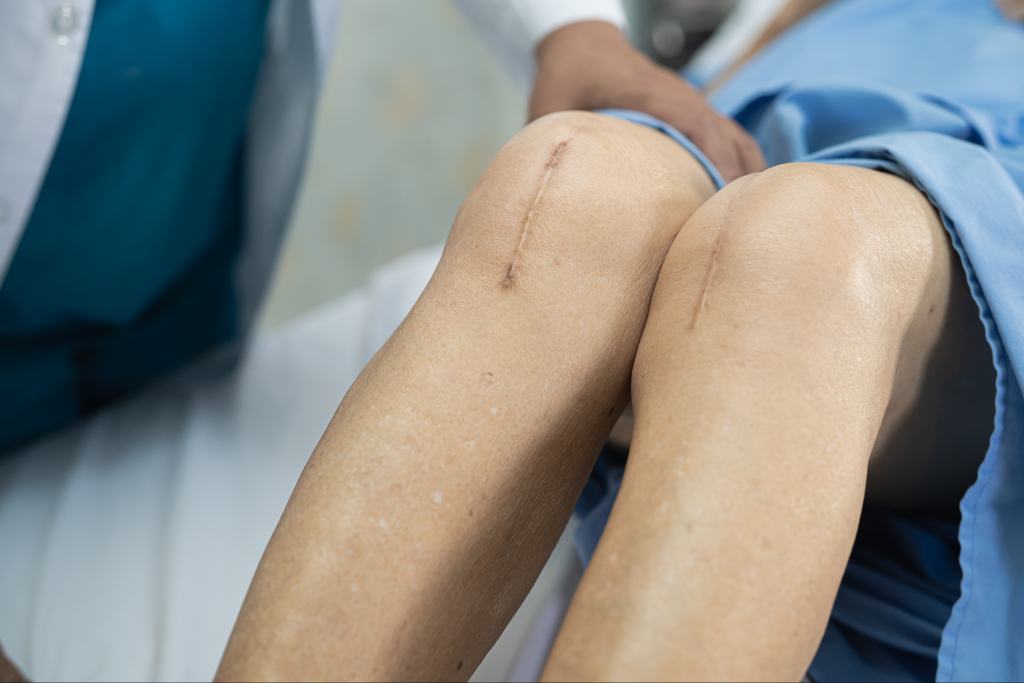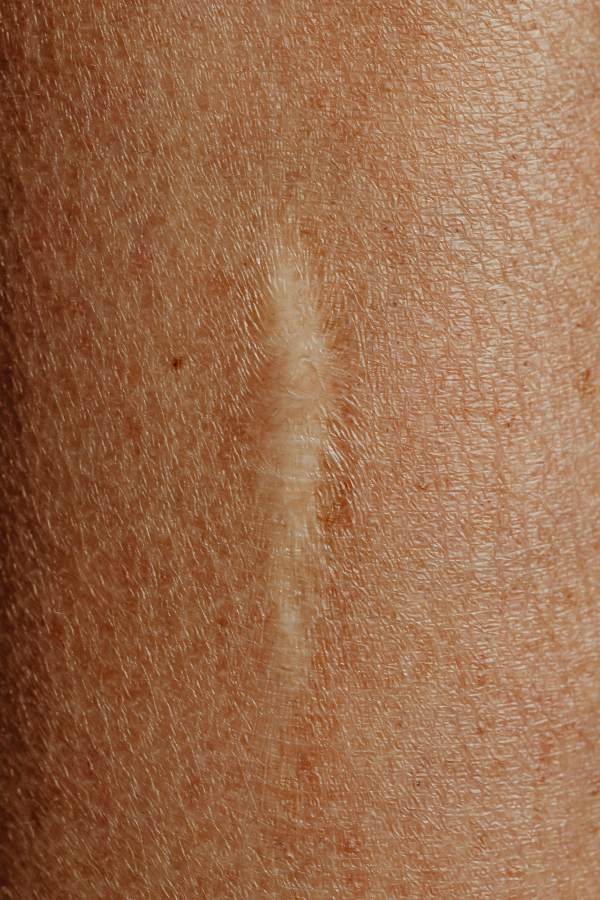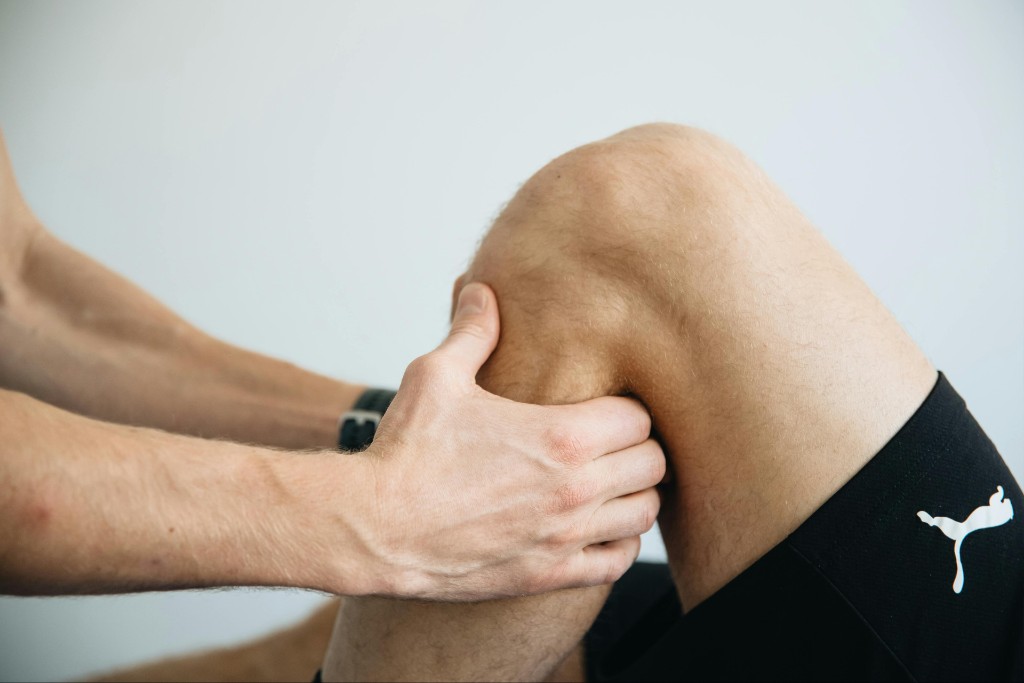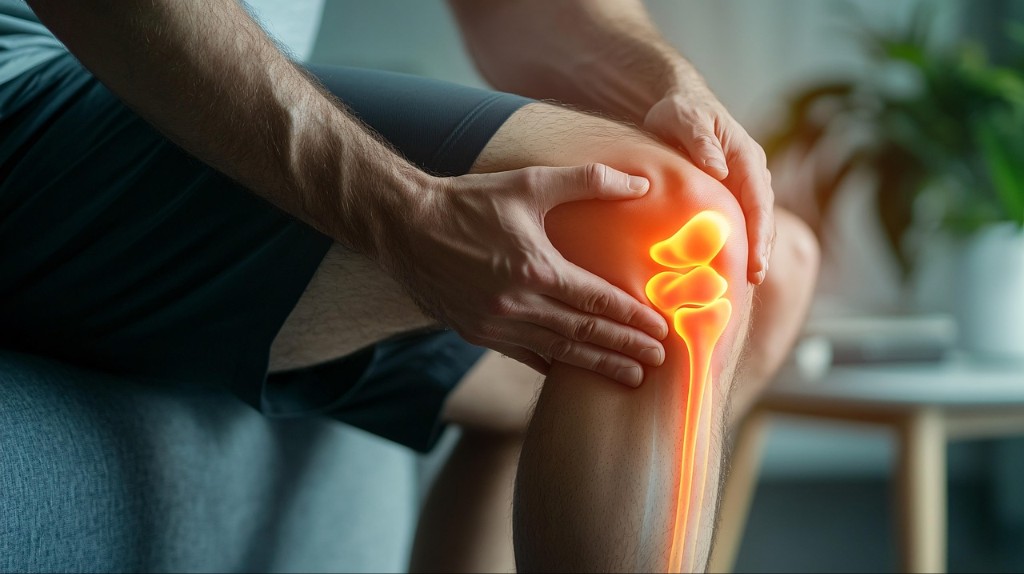Knee pain caused by scar tissue can significantly impact your daily life, restricting movement and causing discomfort. This type of scar tissue often develops after an injury or surgery as the body works to heal damaged tissues. While surgery is a common treatment option, many individuals prefer non-invasive methods to address scar tissue buildup. Fortunately, there are several effective treatments available that can help reduce scar tissue, relieve pain, and restore mobility.
Here’s a look at some of the most effective treatment options that can help improve knee function and alleviate discomfort.
What Is Scar Tissue in the Knee and Why Does It Form?
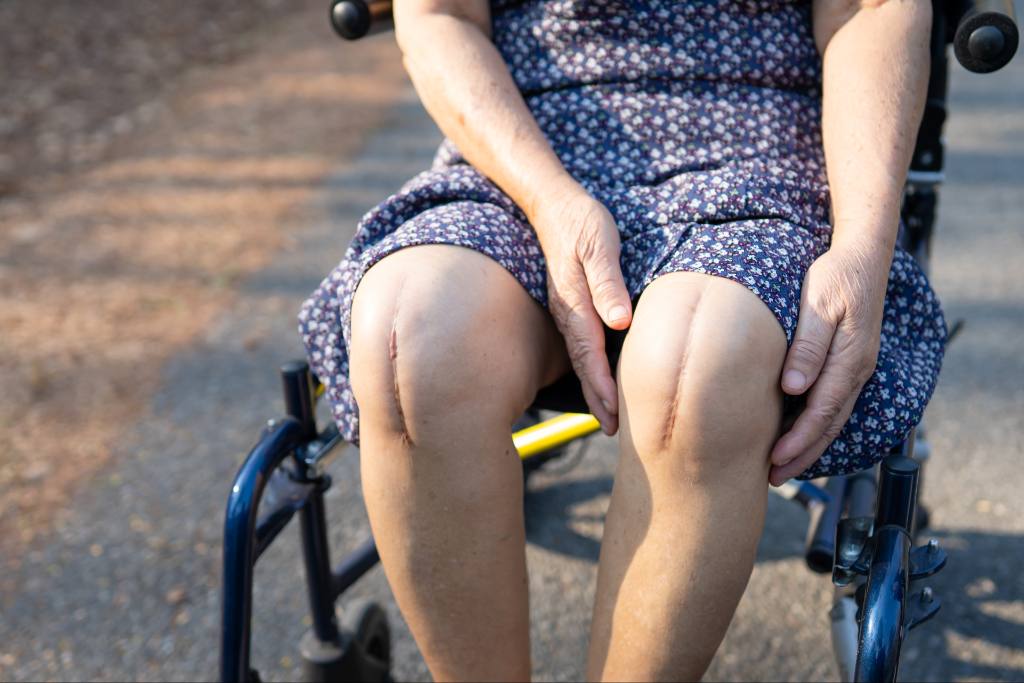
Scar tissue in the knee develops as part of the body’s natural healing process. When the knee experiences injury or undergoes surgery, the body repairs the damaged tissue by producing collagen fibers. Ideally, these fibers align properly, restoring normal function.
However, sometimes the collagen fibers become excessive or form disorganizedly, leading to scar tissue development that can impede movement and cause discomfort. This condition, known as arthrofibrosis, can restrict the knee’s range of motion and contribute to ongoing pain.
Common Causes of Knee Scar Tissue
Several factors can lead to the development of scar tissue in the knee:
- Injuries: Trauma from sports, accidents, or falls can damage knee tissues, prompting the body to produce scar tissue during the healing process.
- Surgical Procedures: Operations like knee replacements or ligament repairs can result in scar tissue development during the healing process.
- Inflammation: Chronic inflammation from conditions like arthritis can stimulate the production of scar tissue.
- Immobilization: Extended periods of limited movement can cause the connective tissues to stiffen and form adhesions.
- Overuse: Repetitive motions or excessive strain on the knee can cause micro-injuries, leading to scar tissue over time.
Recognizing Symptoms of Knee Scar Tissue
Recognizing the signs of scar tissue in the knee is fundamental for seeking appropriate treatment. Common symptoms include:
- Persistent Pain: A constant ache or sharp pain during movement may indicate the presence of scar tissue restricting normal function.
- Stiffness: Difficulty bending or straightening the knee can result from dense scar tissue limiting joint flexibility.
- Swelling: Ongoing inflammation and fluid accumulation around the knee may be a response to scar tissue irritation.
- Reduced Range of Motion: An inability to move the knee through its full range can be due to scar tissue impeding joint movement.
- Grinding Sensation: Feeling or hearing a grinding noise during knee movement may be caused by scar tissue interfering with smooth joint operation.
How Can You Break Up Scar Tissue in the Knee Without Surgery?
Addressing knee scar tissue without surgery is possible through non-invasive treatments. These methods focus on reducing tissue, alleviating pain, and restoring mobility by encouraging the body’s healing, boosting circulation, and increasing flexibility. Here are several ways to break up scar tissues:
SoftWave Therapy: A Leading Non-Invasive Solution
SoftWave Therapy is an advanced treatment that uses acoustic waves to stimulate healing in damaged tissues. This FDA-cleared, patented technology delivers low-intensity shockwaves to the affected area, promoting increased blood flow, reducing inflammation, and promoting tissue regeneration. SoftWave Therapy can effectively aim to heal scar tissue, alleviate pain, and improve mobility by targeting the affected area.
Patients undergoing SoftWave Therapy often experience significant improvements in knee function. For more detailed information, read about Shockwave Therapy for Knee Scar Tissue.
Physical Therapy and Targeted Exercises
Engaging in physical therapy can be instrumental in remodeling scar tissue and restoring knee function. Therapists design specific exercises, such as heel slides and knee bends, to gently stretch and strengthen the knee. Consistent practice of these movements helps realign collagen fibers, improve flexibility, and reduce stiffness.
Working with a professional ensures exercises are performed correctly and progress is monitored effectively.
Massage Therapy and Myofascial Release
Massage techniques, including myofascial release, focus on relieving tension in the connective tissues surrounding the knee. Therapists can break down adhesions and improve tissue mobility by applying sustained pressure and stretching. Regular massage therapy and myofascial release sessions can lead to decreased pain, enhanced circulation, and increased range of motion. Incorporating self-massage practices at home can further support these benefits.
Additionally, massage therapy can help realign collagen fibers within scar tissue, promoting a more organized structure that enhances flexibility and reduces the likelihood of future adhesions.
Heat Therapy and Stretching
Applying heat to the knee area can relax muscles and increase tissue elasticity, making stretching exercises more effective. Warm compresses or heating pads used before stretching can prepare the tissues for movement, reducing the risk of injury. Consistent stretching routines help maintain flexibility, prevent the formation of new scar tissue, and promote overall joint health.
Heat therapy enhances blood flow, delivering oxygen and nutrients to the affected area, which supports the healing process and aids in breaking down existing scar tissue.
Steps to Take If You Suspect You Have Knee Scar Tissue

If you’re experiencing persistent knee discomfort, stiffness, or a limited range of motion, it’s natural to wonder if scar tissue might contribute to your symptoms. Recognizing the signs early and taking proactive steps can make a significant difference in your recovery journey. Here are some actionable steps to consider:
1. Consult a Healthcare Professional
Schedule an appointment with a medical provider to discuss your symptoms. They can perform a physical examination and may recommend imaging tests, such as an MRI, to assess the presence and extent of scar tissue.
2. Engage in Gentle Movement
Incorporate low-impact activities like walking or stationary cycling into your routine. These exercises help maintain joint flexibility, strengthen the muscles surrounding the knee, and prevent further stiffness.
3. Maintain a Balanced Diet
Nutrition plays a role in tissue repair and overall joint health. A diet rich in anti-inflammatory foods, such as leafy greens, fatty fish, and berries, can support the body’s healing processes. Staying hydrated and limiting processed foods may also help reduce inflammation and support tissue recovery.
4. Monitor and Adjust Activities
Pay attention to how your knee responds to various activities. If certain movements exacerbate discomfort, consider modifying or limiting those actions. Incorporating rest periods and avoiding overexertion can prevent additional strain on the knee and allow for better healing.
Improve Mobility and Reduce Knee Scar Tissue Without Surgery
Managing knee scar tissue without resorting to surgery is achievable through a combination of self-care practices and non-invasive treatments. For those seeking advanced non-surgical options, therapies such as SoftWave Therapy have shown promise in promoting natural healing processes. Exploring these approaches will help you work towards restoring knee function and enhancing your quality of life.
The Best Shockwave Therapy for Knee Pain
Are you looking for safe, reliable, and effective relief from knee pain?
SoftWave therapy is FDA-cleared, patented, and nationally recognized for its leading tissue regeneration technology. Unlike other types of high-energy shockwave treatments, SoftWave is the only shockwave therapy on the market that uses true broad-focused shock waves that treat larger and deeper areas of tissue.
Thousands of patients have experienced the benefits of SoftWave for knee pain, including:
- Little to no side effects
- Short treatment time
- Quick recovery
- Long-lasting results
Find a SoftWave Therapy provider near you or learn more about SoftWave and whether or not you’re eligible for full treatment today!
New Patient Special
Try SoftWave for just $69 at a clinic near you and learn if you’re a candidate for full treatment
